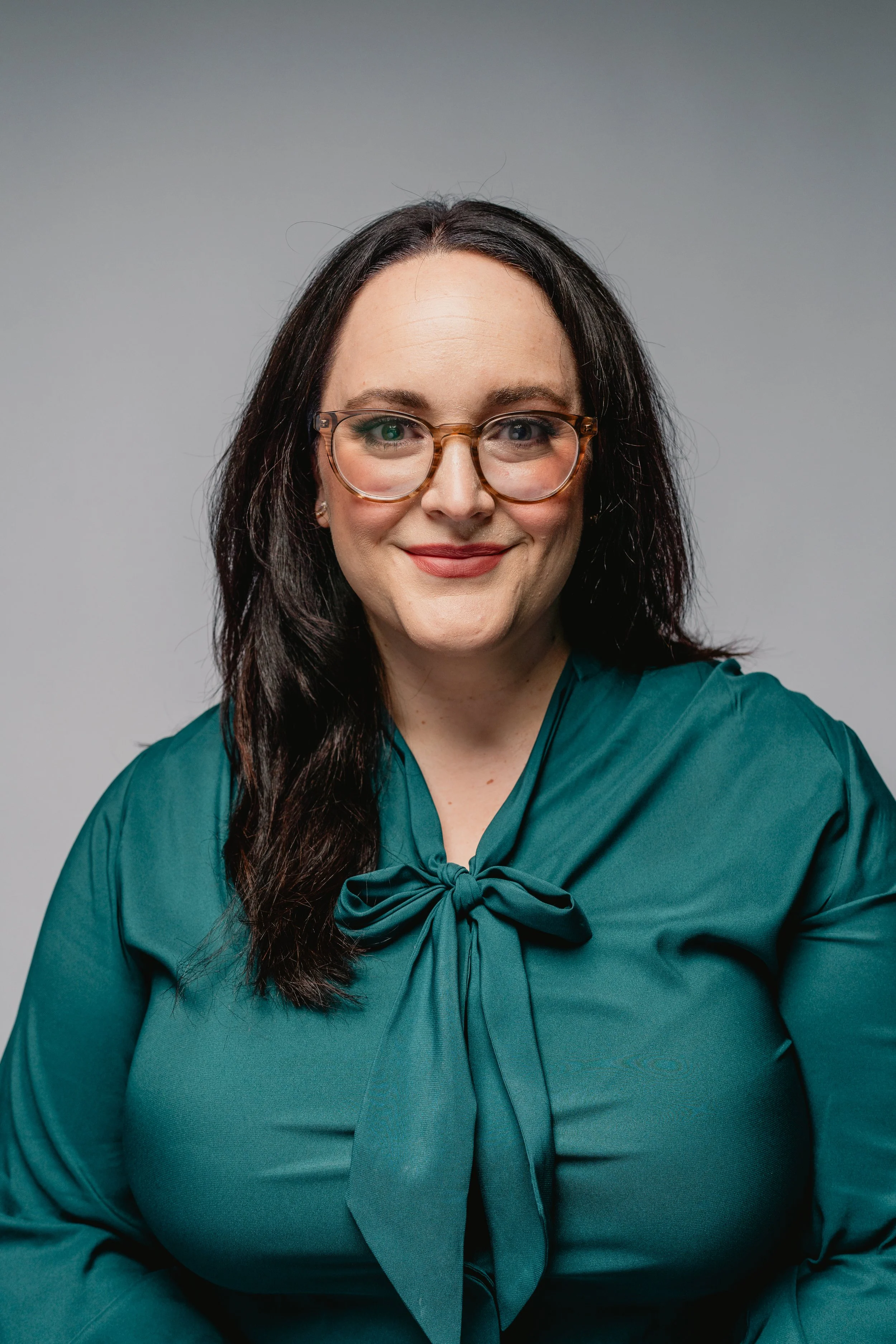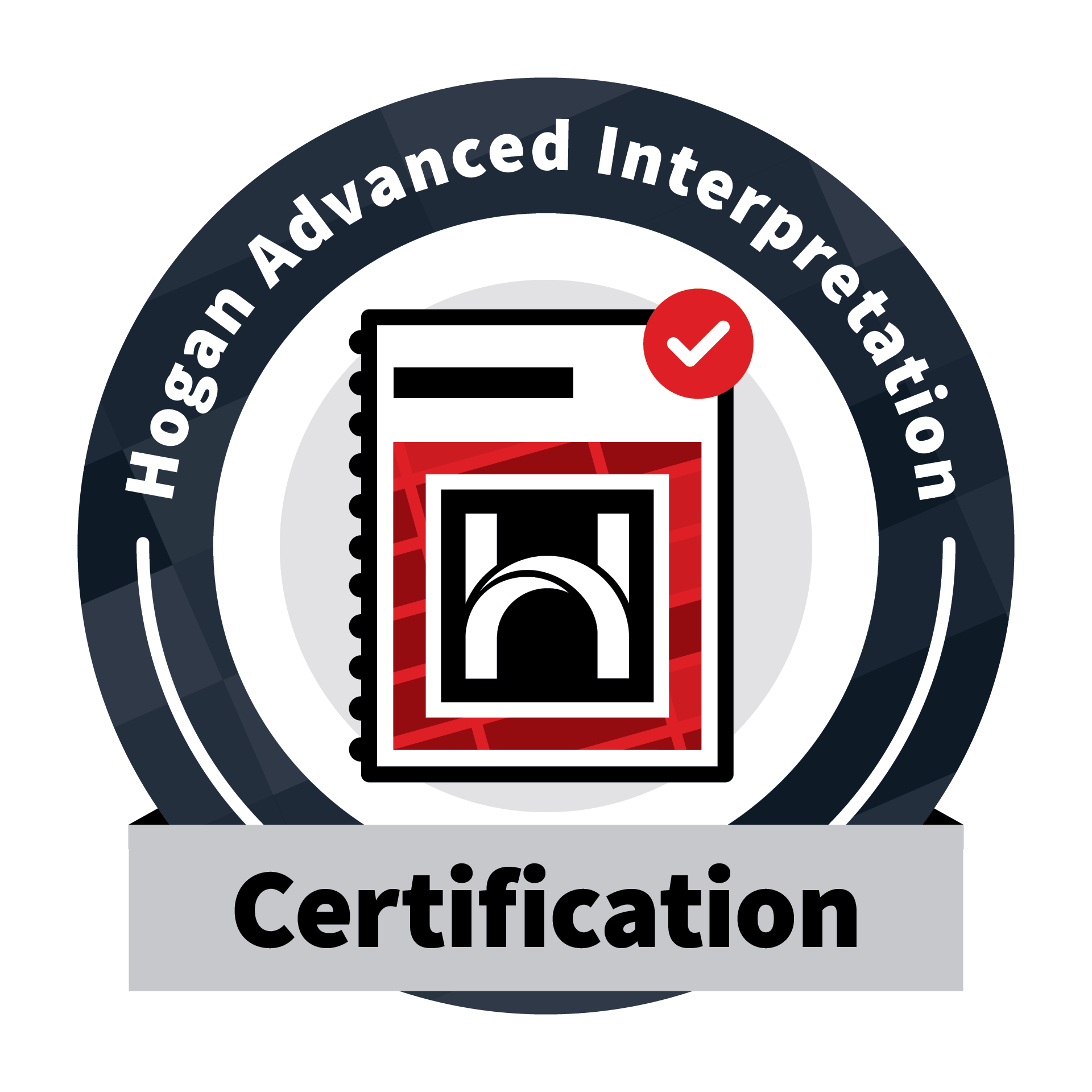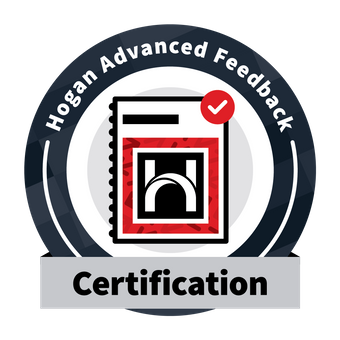ABOUT ME
“To me, being an I/O Psychologist is about deeply understanding the complexities that come with work, and making what we know from evidence-based best practice approachable and accessible to make work better for people.”
I have honed the ability to translate research and theory into practical application, and use data to tell compelling and insightful stories, in my 10+ years of corporate consulting experience.
In my time at Hogan Assessments, I worked with Fortune 500 companies like AT&T, Fannie Mae, PepsiCo, Yum! Brands, large healthcare systems, and military/government agencies to get to the heart of what we know about people and how to help them thrive through a best-in-class personality assessment. At Williams, I helped leaders understand and build the future-focused capabilities of their talent by assessing and developing high potentials, elevating a succession planning strategy, building leader development programs, and mining and translating talent data into meaningful stories for the Executive Officer Team and Board.
While I’ve built my career working with and in large corporations, I am now focused on leveraging data to unlock potential in people and organizations that are too often overlooked or under-resourced. My goal is to help these future leaders emerge and thrive by building their skills, embracing their identities, and addressing what holds them back as we work together to build a better, more creative and inclusive future.
FAQs
What is I/O Psychology?
Industrial/Organizational Psychology is about applying the principles of psychology (scientific study of the mind and human behavior) to all things work-related. Industrial captures the systems and processes at work (like performance management). Organizational captures people at work (like leadership, well-being, teams).
Do you only work with formal leaders?
No! I am passionate first and foremost about working with traditionally under-represented talent, no matter their role or career stage. And, it is important to me that we are broad in how we define leadership - it can look like leading people or projects, serving as a mentor, or helping build or guide communities. Anyone who influences outcomes can benefit from building leadership skills.
What differentiates you?
I try to bring a balanced approach in all I do - between ideal solutions and realistic constraints, strategy and execution, style and substance, emotions and logic, fun and impact - which is harder than it sounds.
A lot of folks in the consulting, coaching, HR worlds don’t have the educational background to fully leverage data and research. And likewise, many academics don’t have practical experience. I have both.
Coaching is a largely unregulated space, so finding someone who is qualified to deliver high-quality and data-driven results is important. And, often those highly qualified coaches are out of reach for non-executives. That’s where I come in.




